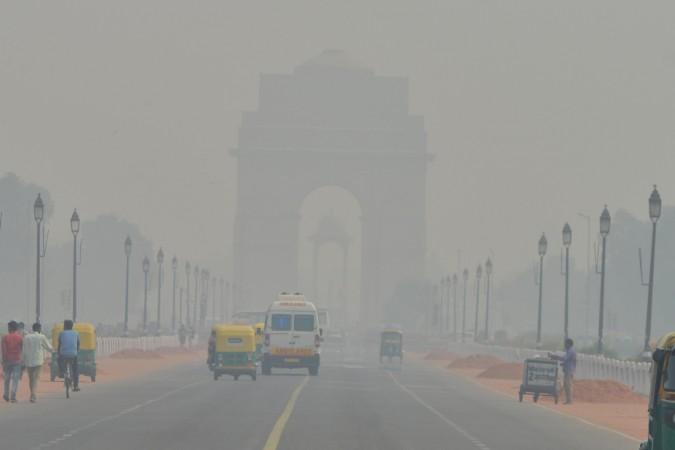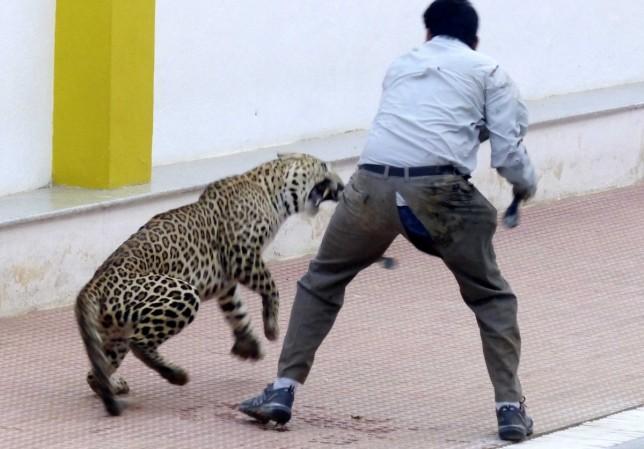It's a narrative we wanted to believe, so we did. Soon after Covid-induced lockdowns hit the world, the "nature healed." There was news in every city of smog clearing up, mountain ranges that could now be spotted from far off, sightings of Dolphins in Hudson River and what not. But the reprieve, if at all it existed, was short-lived. Soon enough the plastic waste from disposable PPE kits, packaging from increased online shopping and mask pollution more than made up for the decreased fuel consumption.
Back to square one, maybe, one step backwards
Several insightful studies have tried to figure out the real environmental cons and pros of lockdowns. If at all, the reduced emissions of greenhouse gases like CO and NO2 did decrease during the lockdowns, that won't have much impact in the long run and on the monumental damage already done.

"The pandemic is bad. It's causing a lot of troubles for human kind," said Phil Yang, a geospatial scientist and professor of geographic information science at George Mason University, as reported in the environment journal Mongabay. He added, "But on the other side, this experiment is helping us to be able to observe how human activities have been impacting the earth, the environment and climate change."
Yang and his team of researchers studied concentrations of greenhouse gases during the California lockdown lasting three months. While the concentrations of greenhouse gases dropped significantly during lockdowns but Yang further said that he did not think that this short-term drop in gas emissions was going to have any long-term impact on climate change, let alone reverse the environmental damage already caused.
Do the math
As per yet another April study, published in Environmental Challenges, the extensive use of face masks generates, "millions of tons of plastic wastes to the environments in a short span of time." The study, undertaken to investigate the environmental impact of face masks waste, threw some disturbing data pertaining the mask pollution. Further, according to a World Health Organisation study, in USA about 89 million medical masks are anticipated to be required in response to Covid crisis, which is expected to persist for some time.

As per recent research-based estimate by OceansAsia, a non-profit marine conservation advocacy organisation, more than 1.5 billion face masks entered oceans in 2020, resulting in an additional 4,680 to 6240 metric tons (about 5,160 to 6880 U.S tons) of marine plastic pollution. As per a report published in Science, packaged take-out meals and home-delivered groceries contributed an additional 1400 tons of plastic waste during Singapore's eight-week lockdown.
The figures are not very encouraging for India, either. The global plastic packaging market size is projected to grow from USD 909.2 billion in 2019 to 1012.9 billion by 2021. The growth in figures is significantly due to increased demand for online orders.
Wildlife reclaiming cities? Well.
Yet another narrative tossed around and consumed with equal fervour happened to be how the wildlife was reclaiming cities. Expending and encroaching into human habitat because its own was endangered by human activity.
There was news about right from a leopard making its way into a residential apartment in Bangalore, India to a fox found in London city in the year 2020. There were also widely reported sightings of black bears, panthers and some rare marine species. While there was a brief respite for the environment during the lockdown (and a large number of fake stories of animals reclaiming cities) recent studies show there is little evidence that animals were making a 'comeback' the way much of the media narrative indicated.

As per a 2021-study published in Biological Conservation, doctoral student Reut Vardi from the Ben-Gurion University in Israel, tested the reports and claims that animals took to cities during the lockdown period. Contrary to what was widely reported and believed, Vardi found little connection between lockdown and animals encroaching into cities.
"We do have nature in our cities, but suddenly Covid has seemed to shine a spotlight on it because people have more time," she said, as per a report in Mongabay. She adds, "For four out of the five species, the new area they were exploring was actually in less urbanized areas. And for the most urbanized areas, where they were reportedly seen during Covid, they were also reported to be seen before Covid as well."

















